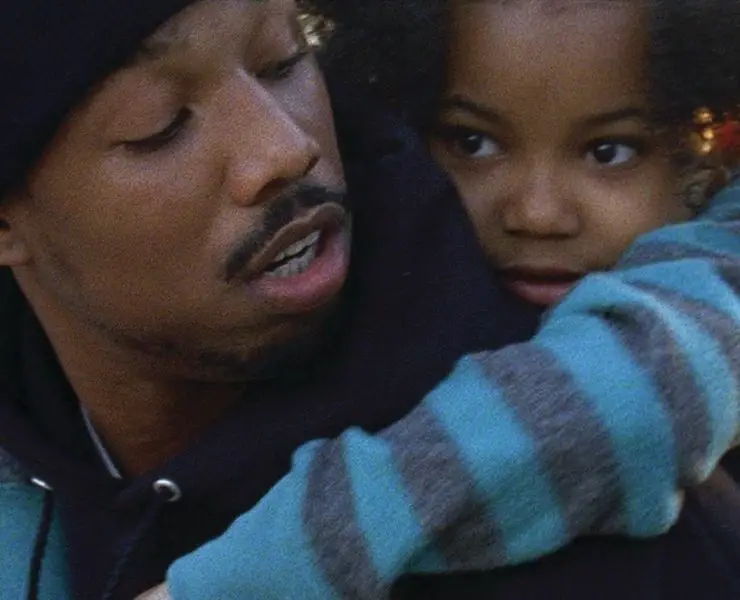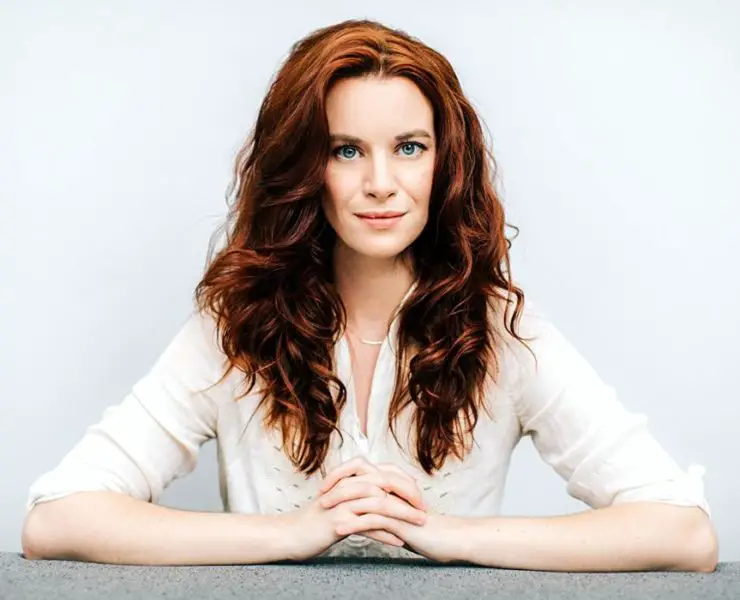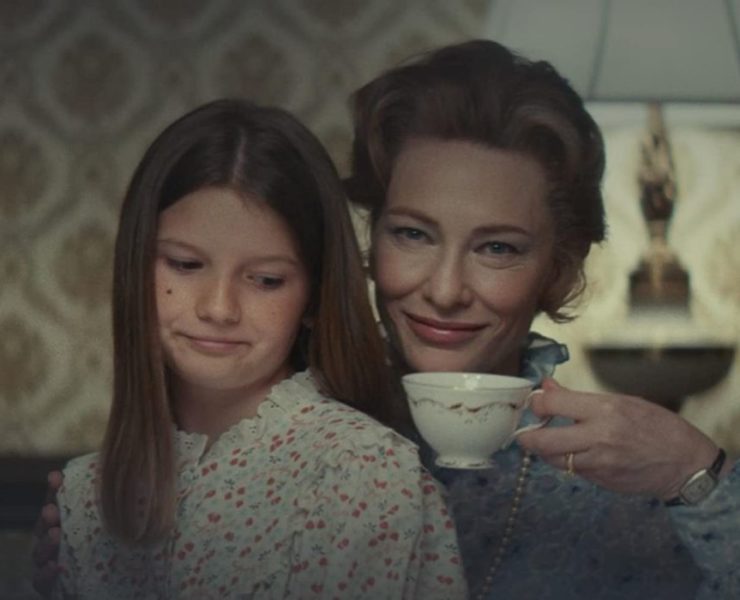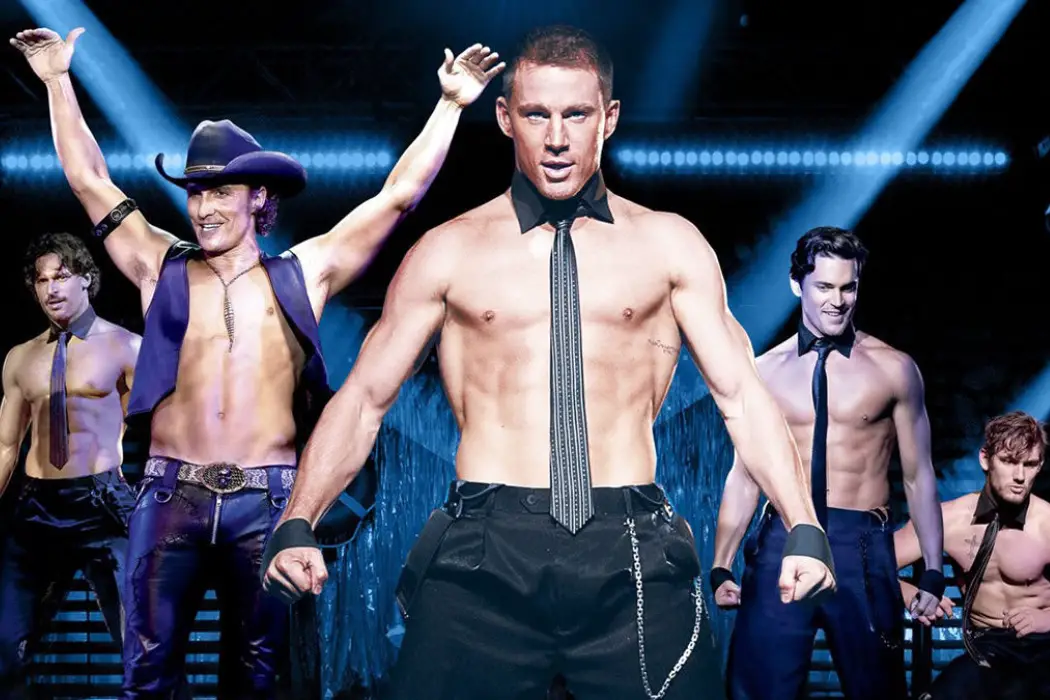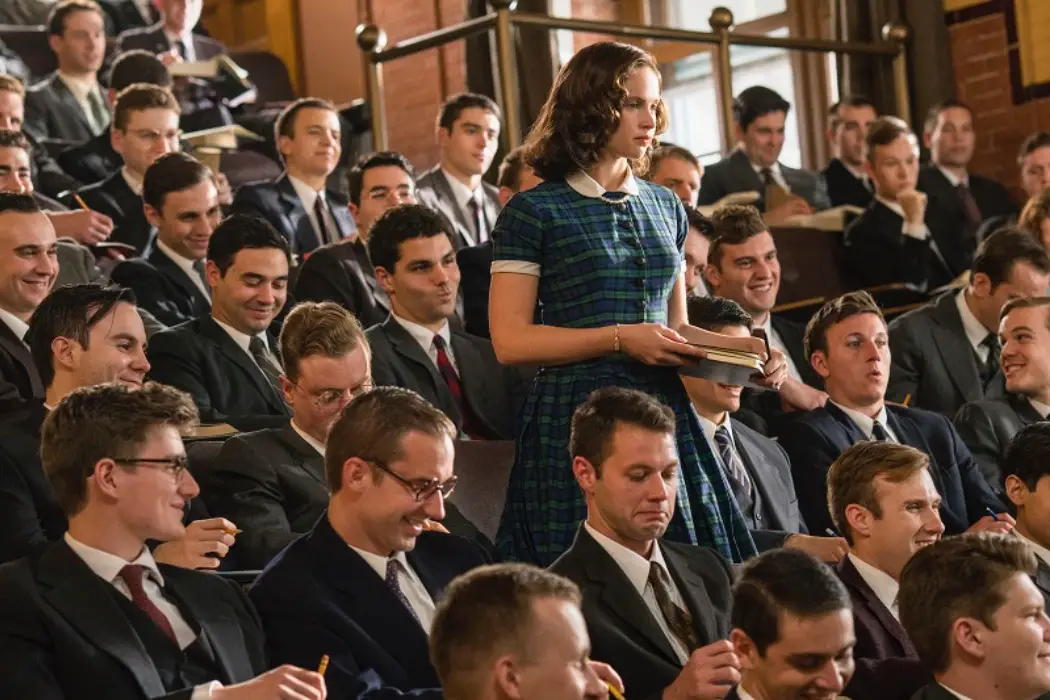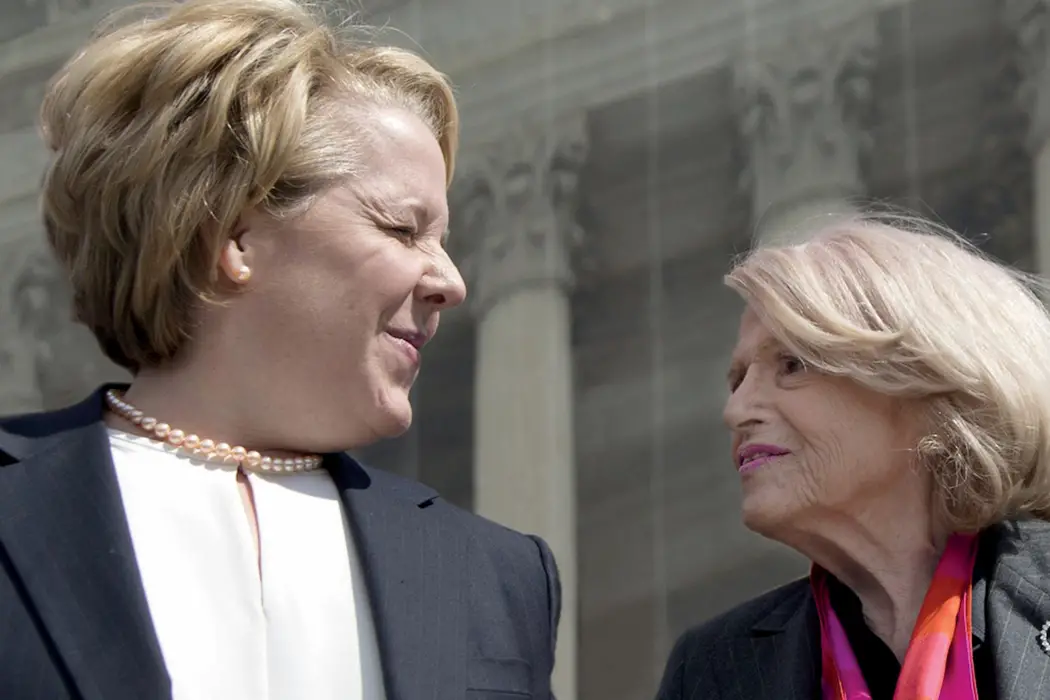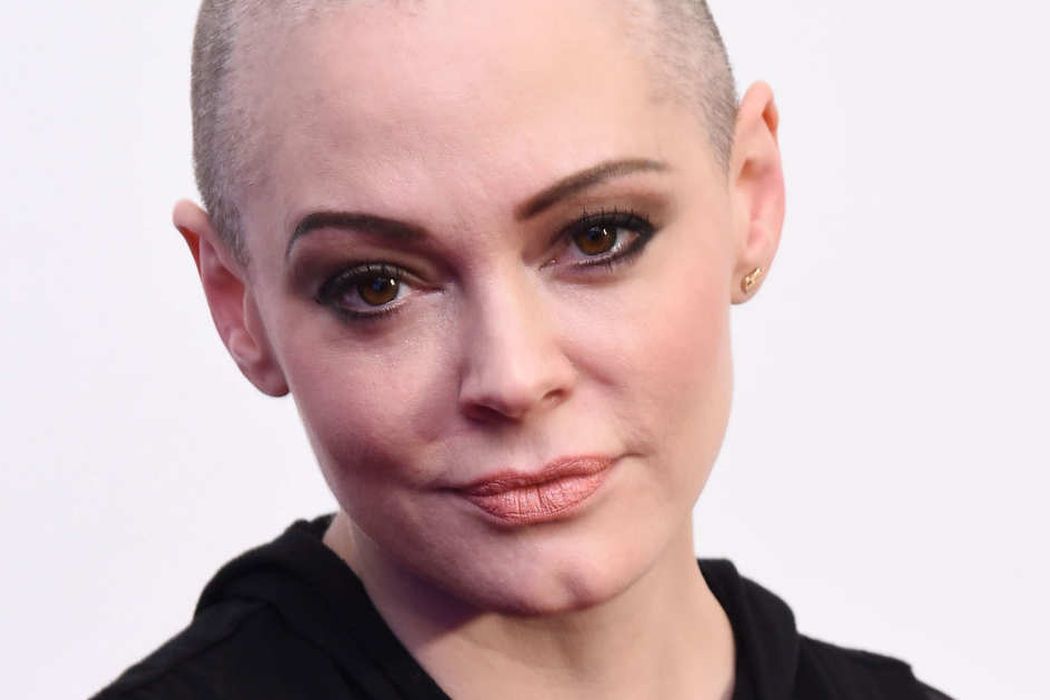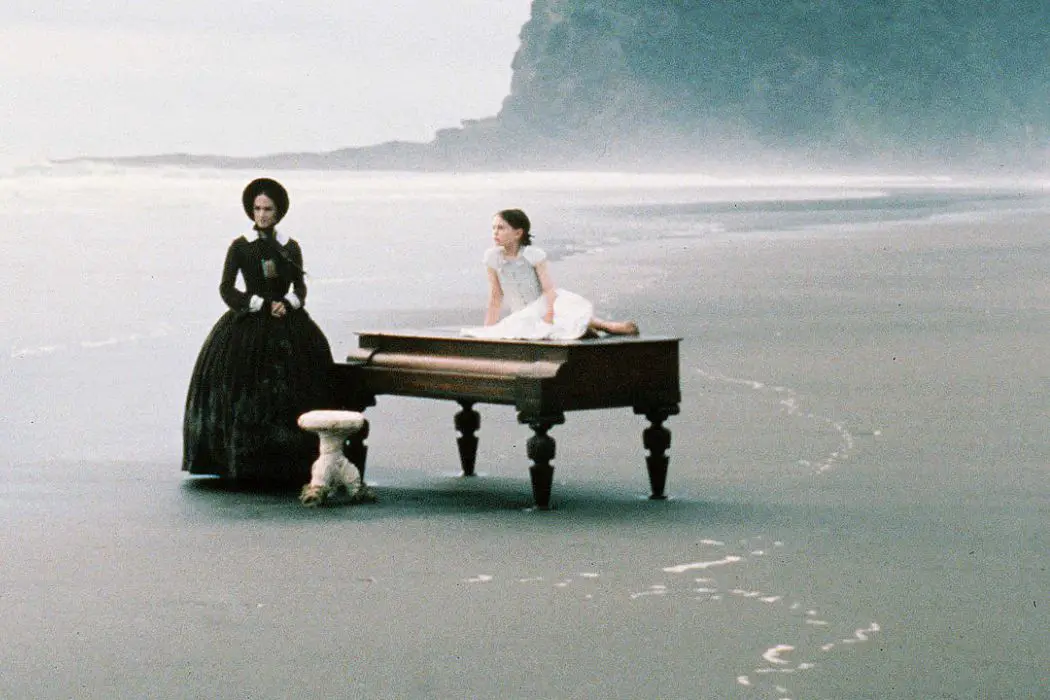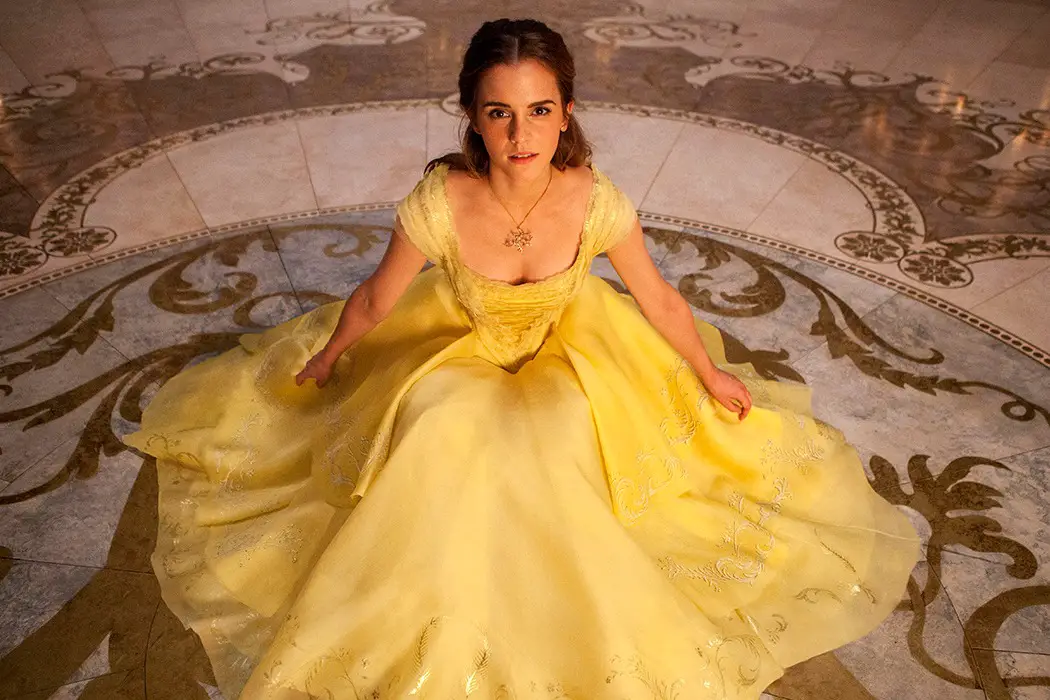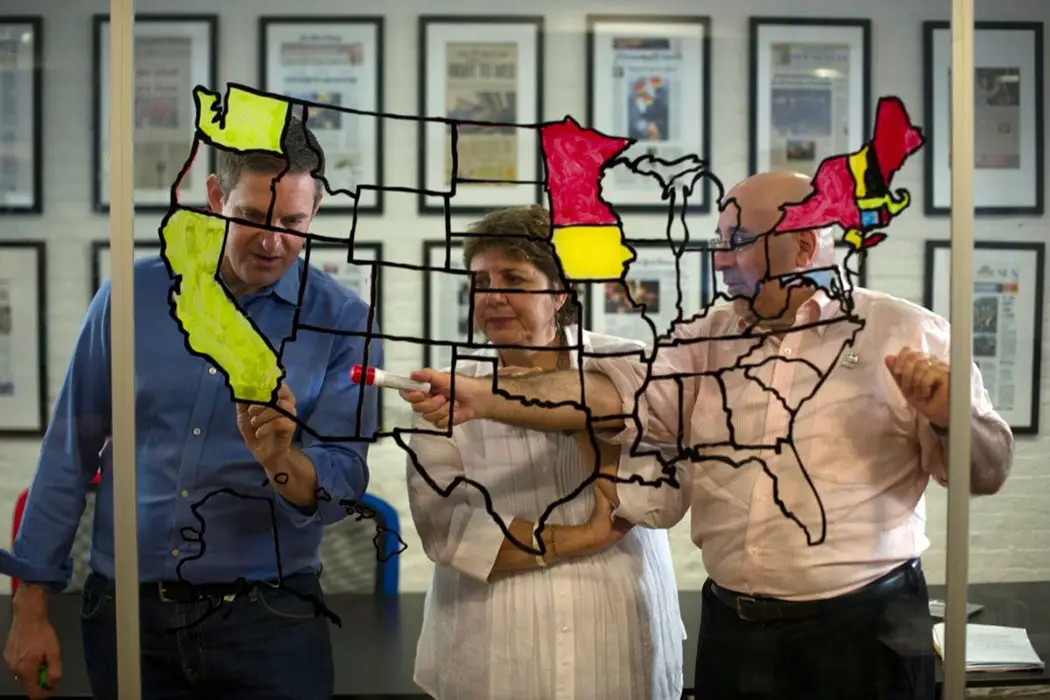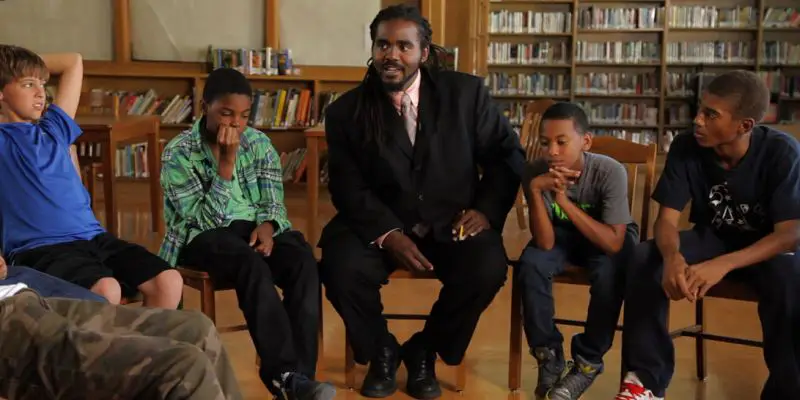equality

News of DC’s Wonder Woman writers abandoning her bisexual identity in favour of a completely heterosexual romance with Chris Pine’s Steve Trevor came as Gal Gadot confirmed in a recent interview that this aspect of Wonder Woman’s comic book identity will not be featured in next year’s blockbuster. DC comic writer Greg Rucka confirmed earlier this year that Wonder Woman had “obviously” been in relationships with other women as she lived much of her life on an all-female island and so “it makes no logical sense otherwise” for her to have not had same-sex relationships in the past. The decision by the film’s writers to maintain a heterosexual veneer over an originally LGBT superhero is not really a surprising one.
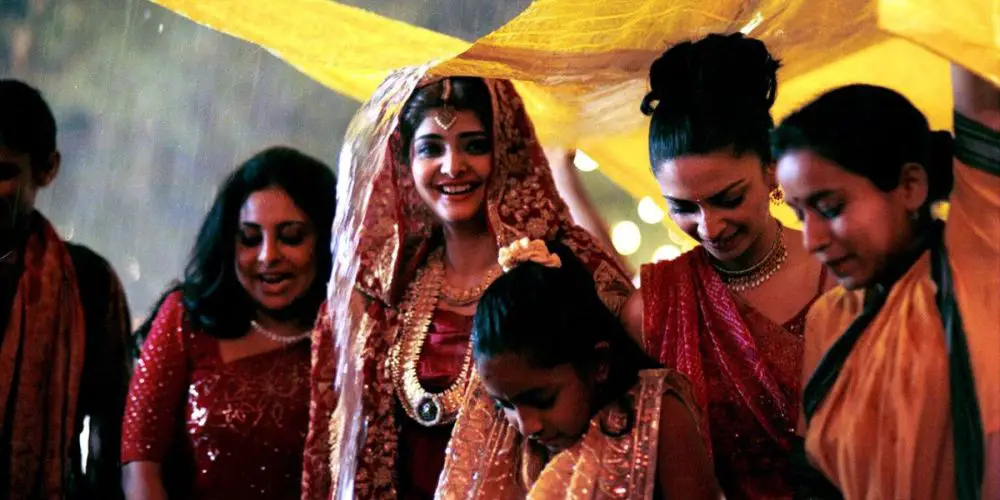
You would be hard-pressed not to find a panel discussion on the topic of ‘Women In Film’ at most leading global film festivals at present, given it’s an issue that has come into increasing focus in recent years. In the Hindi film industry particularly, matters of the portrayal of women and the disparate treatment of actresses have similarly become popular talking points. In its on-screen portrayal of women, Hindi cinema’s approach has historically been quite dire, with women traditionally being depicted as subservient and submissive, with their entire role predominantly being about the male lead.
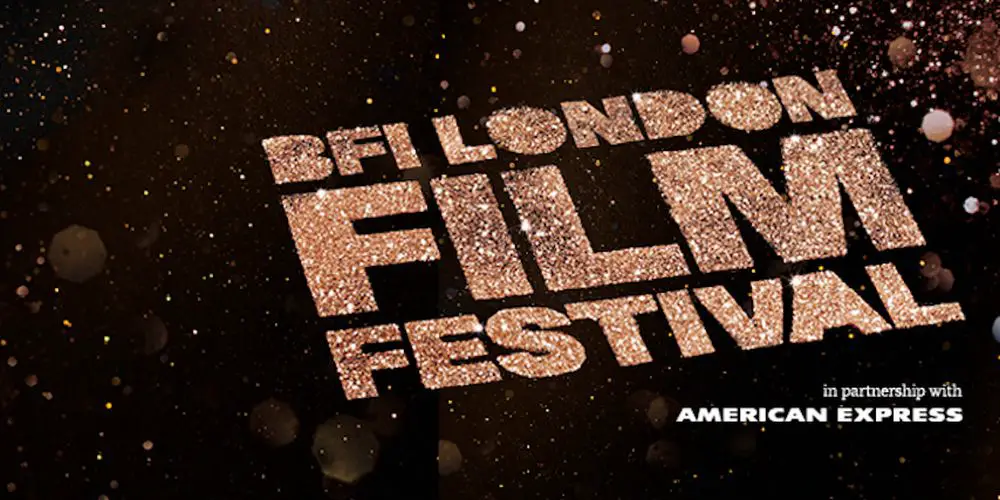
The 60th annual London Film Festival has just drawn to a close, having shown 245 feature films from a number of different countries covering a plethora of genres. Not only that, but it has been a groundbreaking year with the British Film Institute (BFI) hosting a number of talks concerning diversity in the British film industry, while using the festival to announce the launch of its Black Star programme. It’s designed to celebrate and showcase the work of black film and television-makers in a series of talks, screenings and exhibitions running until the end of the year through a variety of theatrical and online platforms.


